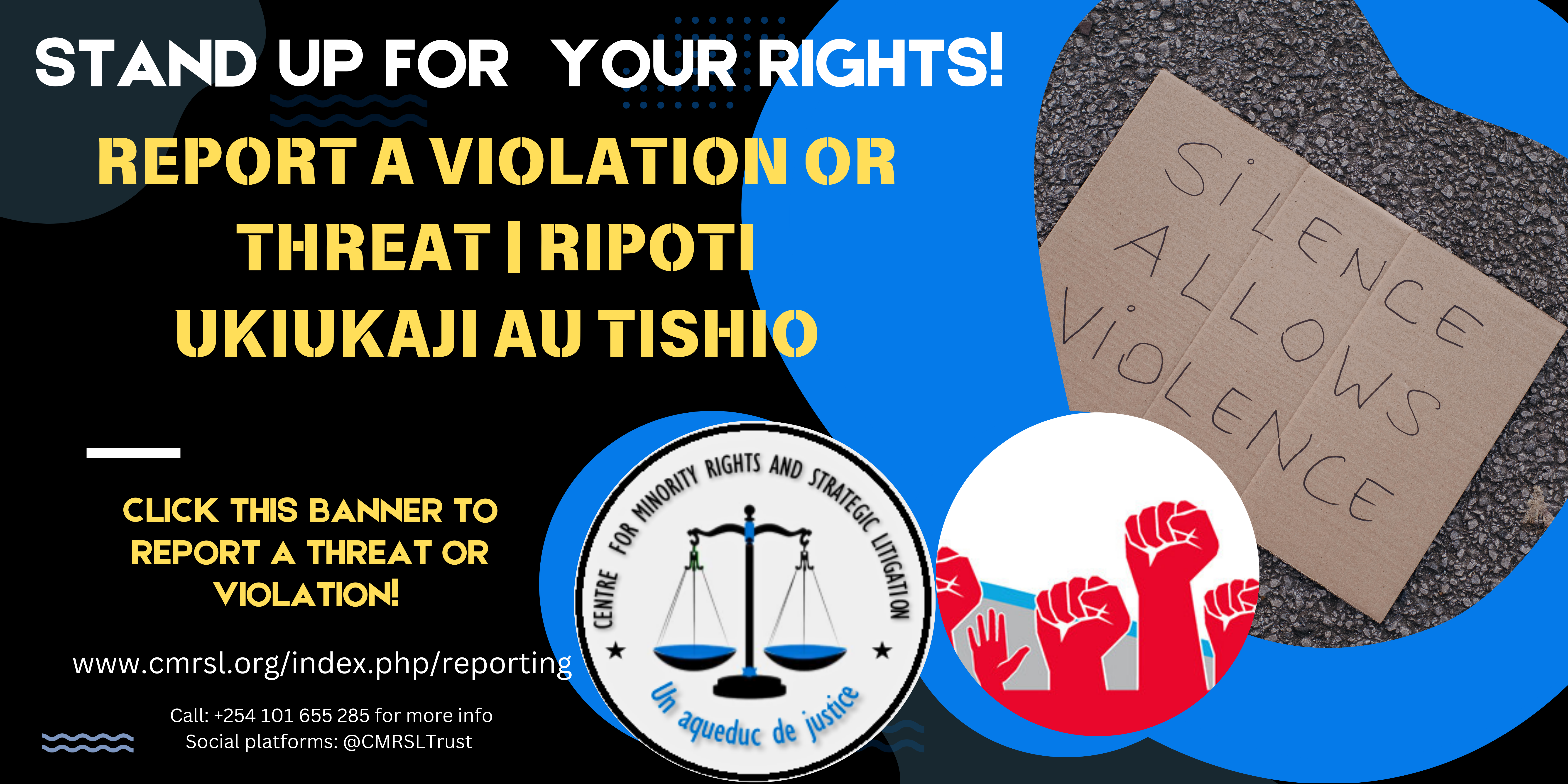
By Moses Maronga
Kenya recently made news-silently-by casting a YES vote at the United Nations Human Rights Council to extend the mandate of the Independent Expert on sexual orientation and gender identity (SOGI). The mandate aims at probing and fighting violence and discrimination against LGBTIQ+ individuals globally.
This vote can be seen as procedural, yet it marks a change in tone. For a nation in which same-sex relations remain criminalized and queer individuals continually experience stigma, violence, and legal exclusion, Kenya’s affirmation of a global mechanism for LGBTIQ+ rights is not an insignificant move.
But gestures are not justice.
At home, the Penal Code-particularly Sections 162 and 165-still criminalizes consensual same-sex relations. In 2019, Kenya’s courts preserved these laws, upholding a status quo that is causing harm to thousands of citizens. Police abuses, family rejection, denial of access to healthcare, and systemic silence still characterize the lived reality of too many queer Kenyans.
So what is the significance of this UN vote?
It indicates that Kenya knows. Knows that LGBTIQ+ individuals have a right to be protected from violence.
Mindful that identity-based discrimination is a human rights issue-not a cultural debate.
It puts Kenya on record as backing global attempts to deal with these challenges, even when local policy is running behind.
Other African countries, such as Botswana, have already moved to the next stage: decriminalizing same-sex relationships and asserting the dignity of all citizens. Kenya can do the same-through open discussion, legislative change, and adherence to constitutional guarantees of equality and dignity.
The UN vote is a positive indication. Yet actual progress will be tallied not in Geneva, but in Nairobi-through courts that hear, laws that change, and a society that opts for inclusion over fear.
Symbolism is a beginning. But what comes after that is what counts.
